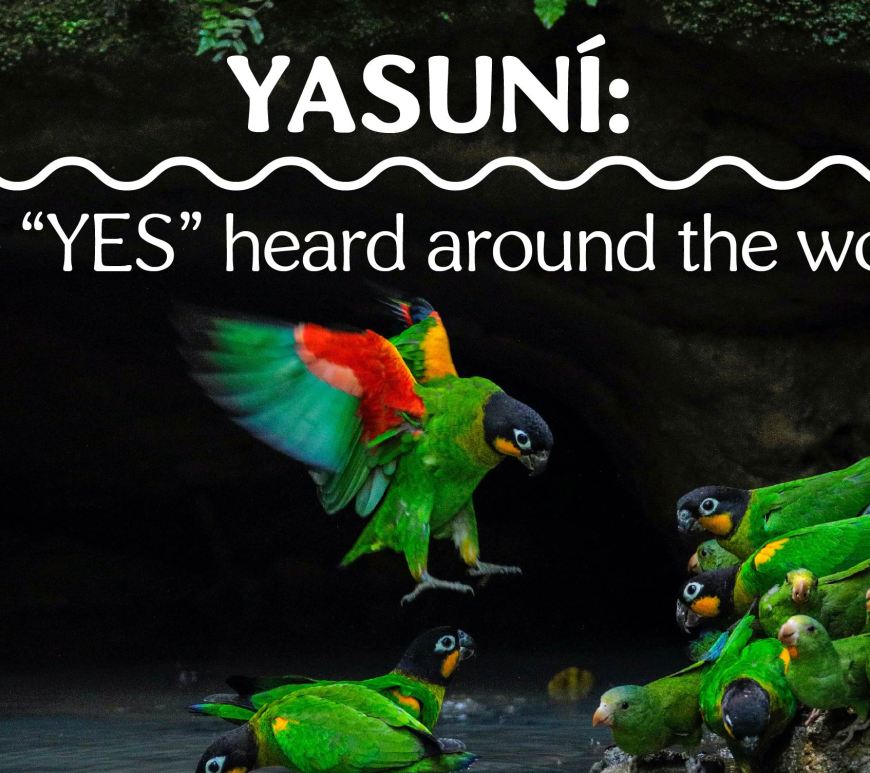
Yasuní: The “Yes” Heard Around the World
By Pablo Solón* [Español, Português, Italiano] “Leave the oil in the ground? Give up more than a billion dollars a year? Put nature above the economy? What madness is this?” These were the initial reactions to an innovative environmental measure in Ecuador that, after many years, has finally triumphed in a popular consultation, prioritizing nature over the predatory logic of extractivism. The first time I … Continue reading Yasuní: The “Yes” Heard Around the World


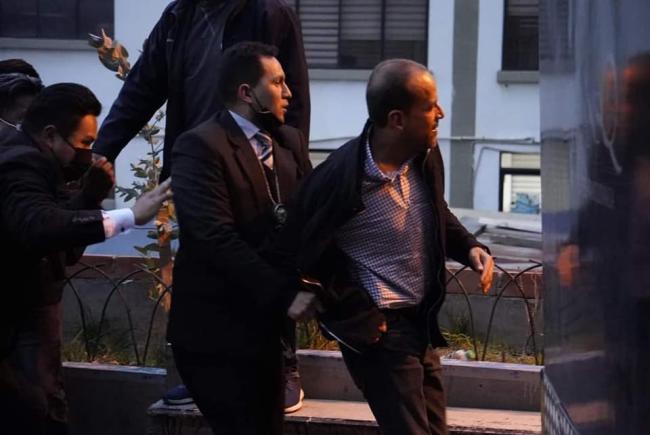
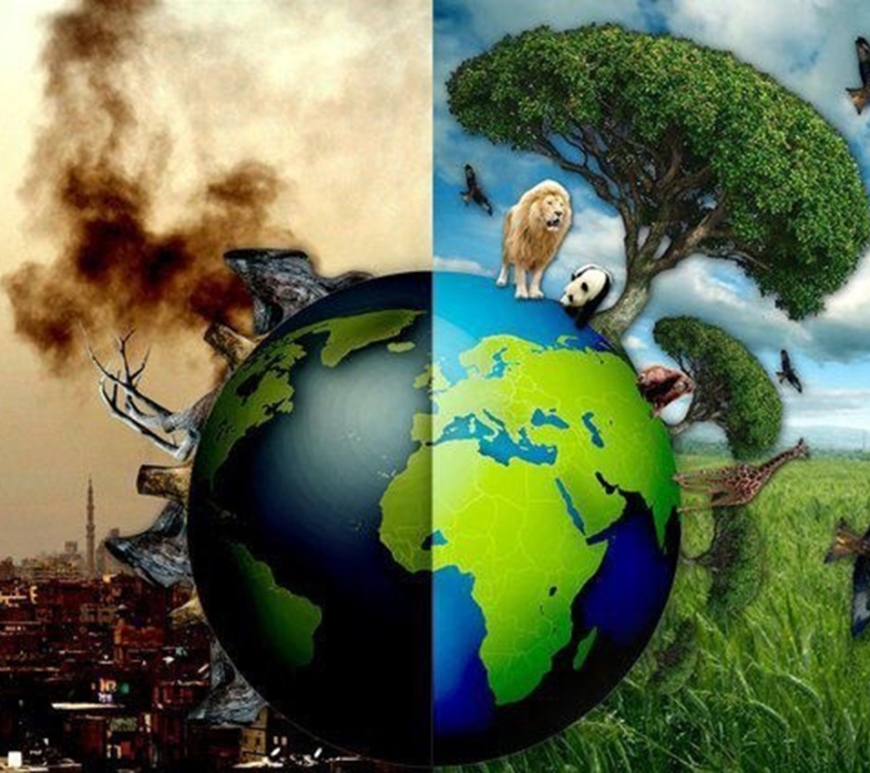

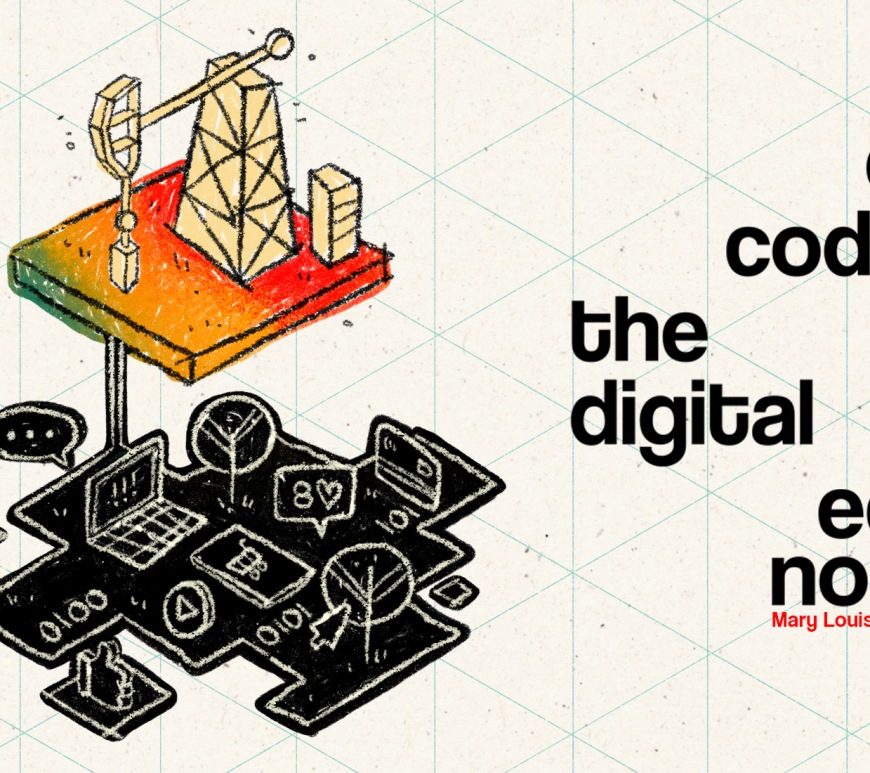

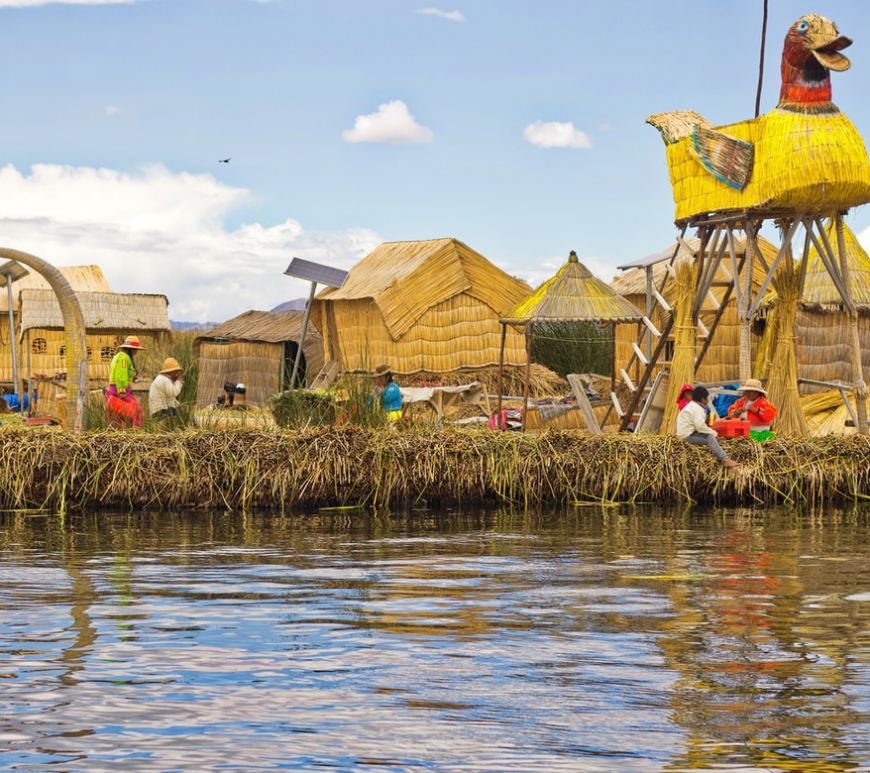


You must be logged in to post a comment.